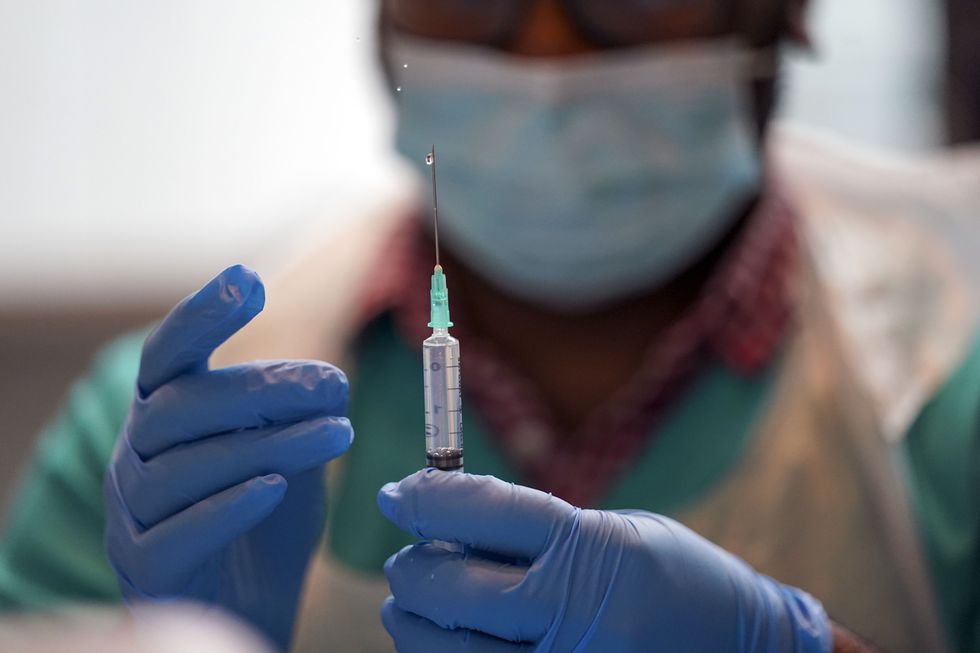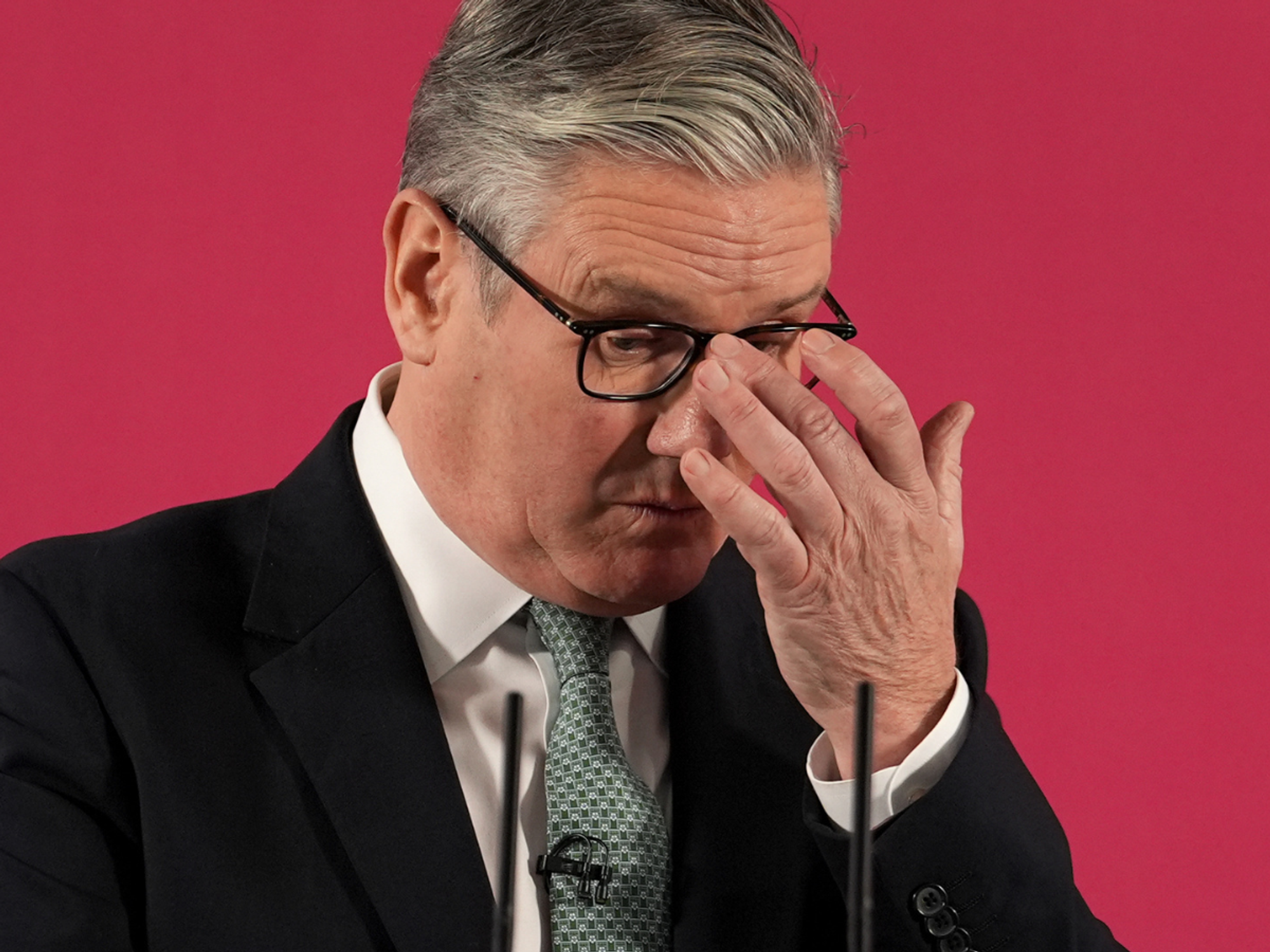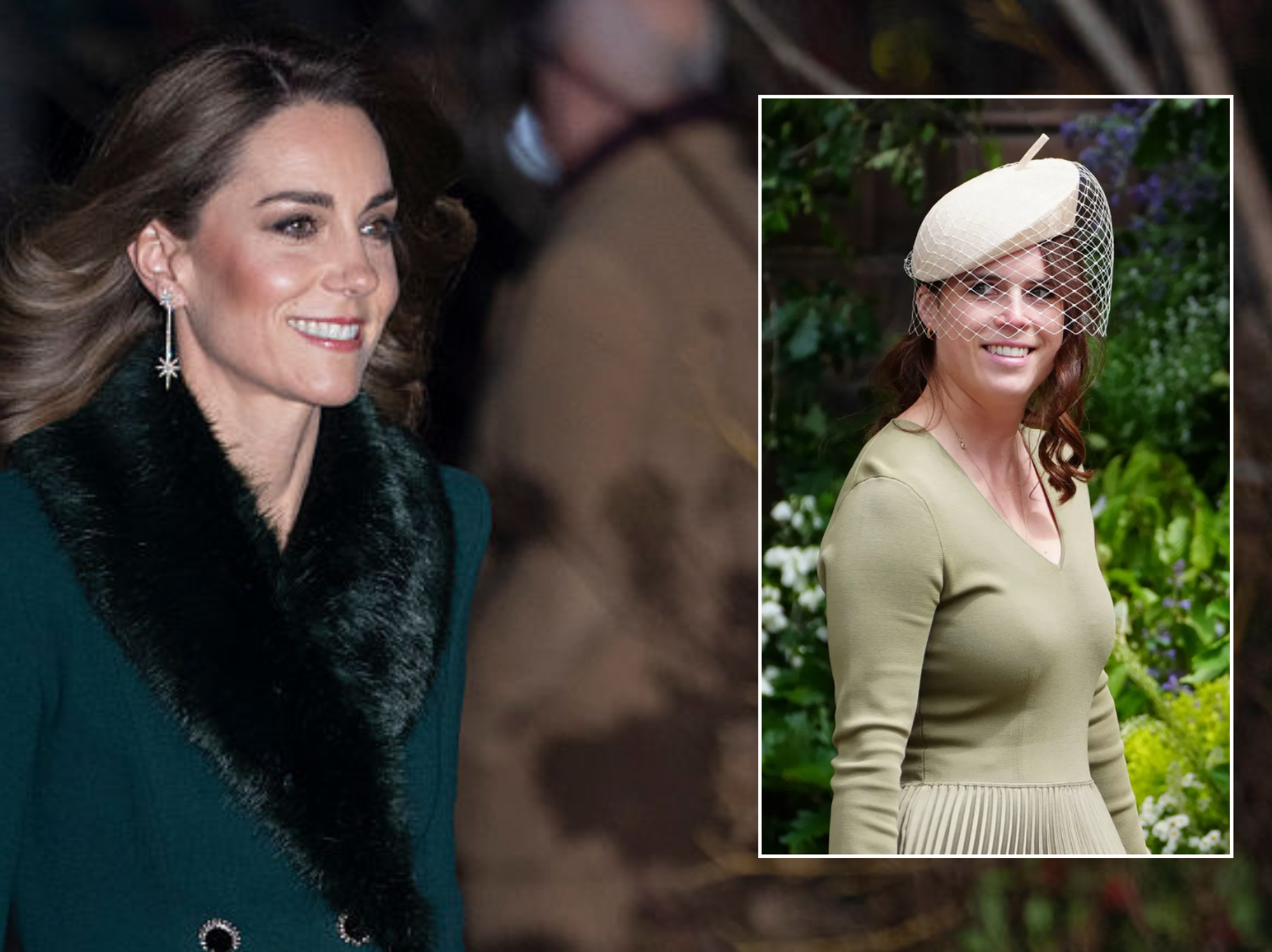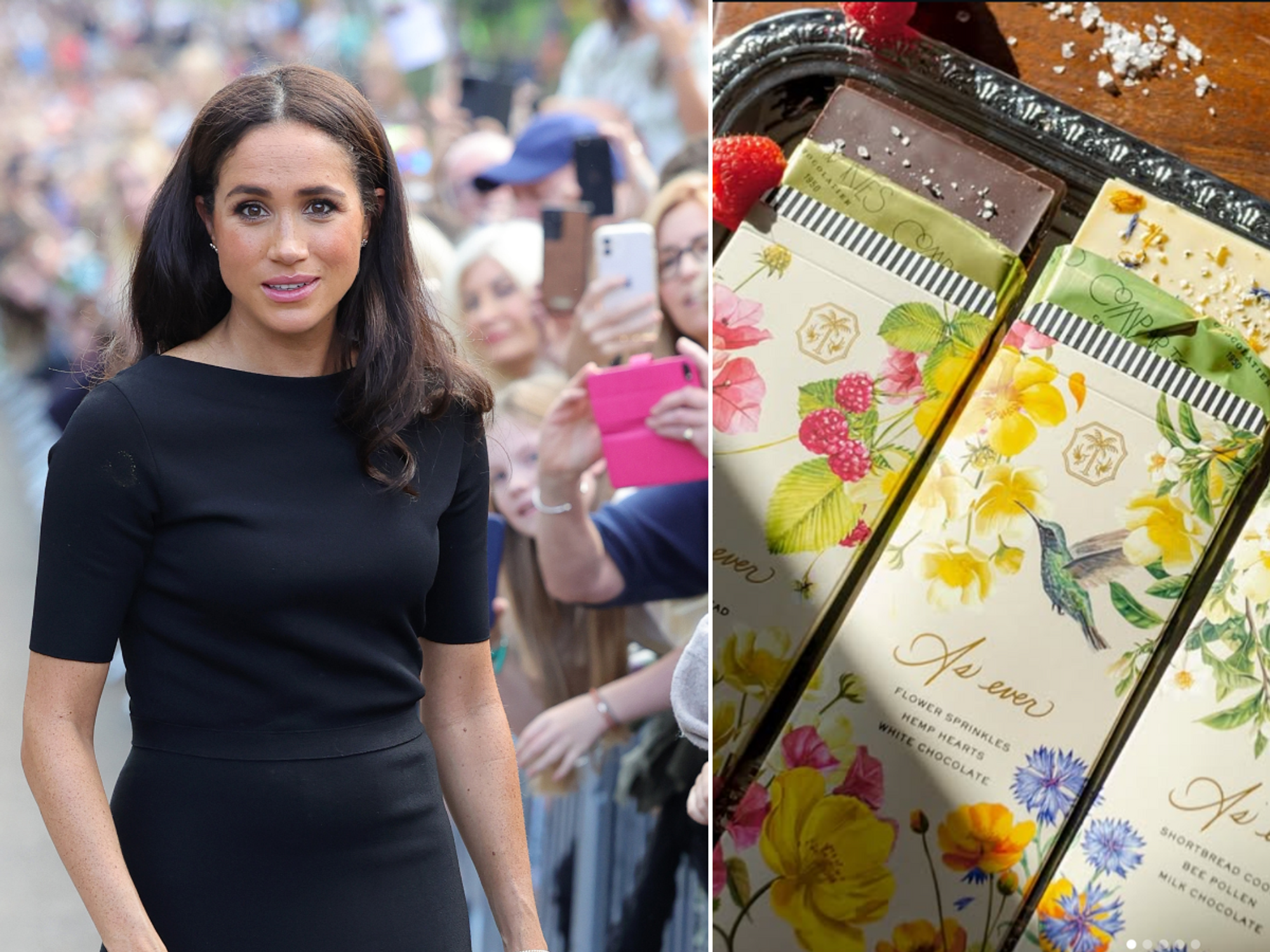Covid: Thousands of care home staff to lose jobs as jab policy kicks in

Staff who are unvaccinated after the deadline face losing their jobs. Issue date: Sunday September 19, 2021. | Steve Parsons
Staff working in registered care homes in England must have both jabs to continue in their role, unless medically exempt
Don't Miss
Most Read
Latest
Tens of thousands of care home staff who have not had both coronavirus vaccine doses will be unable to legally work in care homes from Thursday as the Government’s mandatory jab policy kicks in.
From Thursday staff working in registered care homes in England must have had both jabs to continue in their role, unless they are medically exempt.
Official figures due in the afternoon are expected to show that more than 50,000 current staff in care homes for younger and older residents have not been recorded as having received both doses as of November 7 – four days before the deadline.
Several thousands of these are understood to have self-certified as medically exempt or to have applied for formal proof.
Of those not double jabbed by November 7, it is understood that more than half have had one dose.
Health officials expect the number of double vaccinated staff to have risen in the three days between Sunday and Thursday.
It is unclear how many staff have already quit due to the requirement.
NHS England figures up to the end of October show that the number of staff in care homes in England has fallen by more than 4,000 since just after the first-dose deadline in mid-September, although this is likely to be due to multiple reasons.
Staff who are unvaccinated after the deadline face losing their jobs, although care home providers can choose to redeploy staff into non-frontline roles, if these are available, or place them on paid or unpaid leave until they receive both doses.
As late as Wednesday, care groups were calling for the deadline to be delayed to next April, saying the “no jab, no job” policy would amount to “no staff, no care”.
The move comes as care homes face unprecedented staffing shortages, with some quitting in advance due to the requirement and others expected to have worked their last days this week.
Recruitment and retention is also a struggle as industries such as hospitality and retail, which can offer better pay and hours, prove more popular.
The Government has allocated £162.5 million to help with workforce issues, and last week launched a national recruitment campaign to fill more than 100,000 social care vacancies.
Care groups have said the shortages mean some homes are unable to accept hospital patients ready for discharge, while burnout is on the cards for staff who are being put under increased pressure as winter nears.
One care worker who has lost his job due to the requirement said he feels “let down, abandoned, betrayed” and worried for the future of the care sector.
A manager, who has lost a sixth of her staff, said she found it “heartbreaking” reading the resignation letters of long-standing employees who did not want to leave.
The National Care Association said the vaccine was a key part of controlling the virus but the unintended consequence of the mandatory policy would be “no staff, no care”.
Executive chairwoman Nadra Ahmed said: “Taking away our ability to retain experienced staff during the critical winter period shows a lack of understanding about the value of social care for those who access our services.
“The NHS will struggle to discharge out of the acute sector into safe environments where people can be supported at a critical time in their lives.”
Another membership group, the National Care Forum (NCF), said care homes were embroiled in disciplinary proceedings, managing appeals and forking out for specialist legal advice over the requirement.
Members reported spending an “enormous amount of time” implementing the policy, with almost all holding extra staff briefings and needing additional HR resources.
They estimated on average 3.5% of their staff had already resigned or been dismissed, and estimated a further 4.4% might have to leave this week – a loss the NCF said the sector could “ill afford”.
One respondent said comforting residents who were upset at seeing long-term staff leave was the “worst thing” they had had to do in a 22-year career.
The Department of Health and Social Care said it was its “responsibility to do everything we can to protect vulnerable people”.
A spokesman added: “We consulted and worked closely with the sector to encourage take-up of the vaccine ahead of the deadline.
“Since the consultation was announced, uptake of the first dose amongst care home staff has risen from 80% to 94%.
“We are working closely with local authorities and care home providers to ensure there will always be enough staff with the right skills to deliver high-quality care.”










